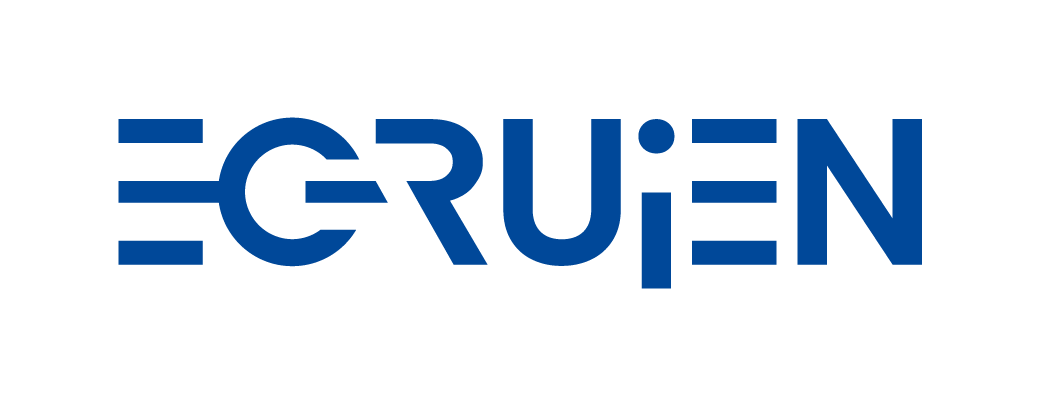About the project
EGRUiEN is a research project exploring how Europe's transition to a greener and more digital economy can be equitable for all workers.
Industries such as automotive, energy, on-demand transportation and care services undergo intense change, and many jobs are being redesigned - some of them may become less stable. EGRUiEN focuses on how to protect and include people in precarious or non-standard workplaces, and how to make sure workers in stable jobs don't fall into precarity during this transition.
The project explores how social dialogue between workers, employers and governments can help manage these changes. Learning from past examples and current practices, EGRUiEN aims to foster a just transition that leaves no one behind.
Project description
EGRUiEN will provide new and integrated understanding of the previously unexplored links between fundamental economic disruptions, and the institutional design of social dialogue institutions. In this way, we aspire to give scientifically based guidance on how social dialogue institutions can be designed to guide societies through fundamental transformations, including the rise of new sectors, and the growth of new forms of work.
While the world of work is undergoing numerous and constantly evolving transformations, EGRUiEN aims to explore two critical macro labour market transformations: the green transformation (decarbonization) and technological change (digitization and automation).
We will look at how workers, employers and the state – as well as other social actors – negotiate the rise of new forms of non-standard work, such as temporary employment, platform work and zero-hour contracts, in order to preserve, optimize or build strong institutions of social dialogue capable of achieving socially just outcomes in a period of rapid transformation.
In the EGRUiEN team, we intend to answer the question of what forms and institutions of social dialogue are needed to facilitate the current comprehensive economic transformation in a socially just manner.
EGRUiEN has nine workpackages:
WP1 - Management.
WP2 - History (local longitudinal historical case studies.
WP3-6 - Four sectoral studies (autos, energy, care, and on-demand transport).
WP3-6 - Four sectoral studies (autos, energy, care, and on-demand transport).
WP7 (action research) - EU-level coordination.
WP 8 (cross-country analysis) - New Social Dialogue.
WP9 - Dissemination.
The historical research provides a basis for the sectoral studies, which provide a basis for EU-level participatory action research (WP7) and cross-national analysis (WP8). Dissemination in is built into the research design through participatory research, but also WP9 enables widespread dissemination among practitioners, policy makers and academics.
Funded by the European Union. Views and opinions expressed are however those of the author(s) only and do not necessarily reflect those of the European Union or the granting authority. Neither the European Union nor the granting authority can be held responsible for them.

